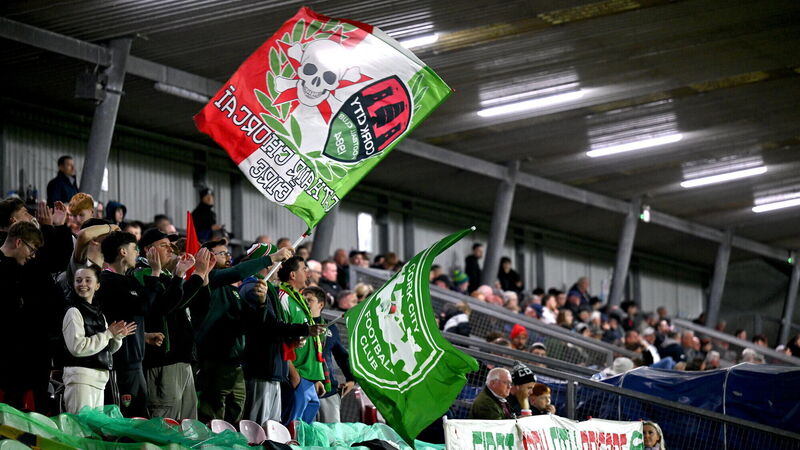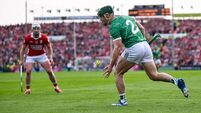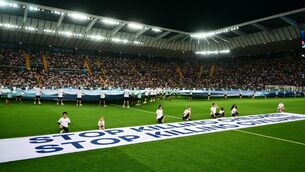John Fallon: Cork City's season of woe — month by month

MONTH BY MONTH: Picture: Brendan Moran/Sportsfile
That well-trodden definition of insanity springs to mind when the distillation of Cork City’s second relegation in three years is analysed.
Unlike 2023, this drop was direct. Once City slipped to the bottom in May, they were in freefall, 11 points adrift for the majority, and their fate sealed with four games remaining.









